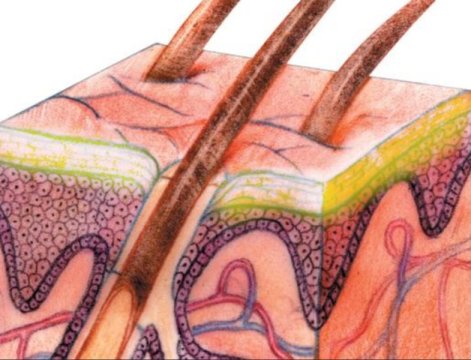Atopic dermatitis, a common inflammatory skin condition also known as allergic eczema, affects nearly 20 percent of children, 30 percent of whom also have food allergies. Scientists have now found that children with both atopic dermatitis and food allergy have structural and molecular differences in the top layers of healthy-looking skin near the eczema lesions, whereas children with atopic dermatitis alone do not. Defining these differences may help identify children at elevated risk for developing food allergies, according to research published online today in Science Translational Medicine. The research was supported…
Read MoreAuthor: Tom Patriot
Small-Block Turbo Kit for $699! But Does it Work?
Kate Beckinsale Praises Penis Facial as She Shows Off Treatment Results
The “Penis Facial” just got another high-profile fan! Earlier this week, Kate Beckinsale became the latest celebrity to praise the unusual beauty treatment. “After a long flight I do like to lie down and be covered in a mask of liquified cloned foreskins-frankly who doesn’t?” she wrote on Instagram alongside a photo that showed how radiant her skin looked following the treatment. “Thank you @georgialouisesk for an amazing facial,” Beckinsale, 45, added before joking, “I especially liked you reassuring me it would be ‘light on penis’ as it was my first time x.” The…
Read MoreChronic inflammation in middle age may lead to thinking and memory problems later
People who have chronic inflammation in middle-age may develop problems with thinking and memory in the decades leading up to old age, according to a new study published in the February 13, 2019, online issue of Neurology®, the medical journal of the American Academy of Neurology. There are two kinds of inflammation. Acute inflammation happens when the body’s immune response jumps into action to fight off infection or an injury. It is localized, short-term and part of a healthy immune system. Chronic inflammation is not considered healthy. It is a low-grade…
Read MoreMore protein and fewer calories help older people lose weight safely
A high-protein, low-calorie diet helps older adults with obesity lose more weight, maintain more muscle mass, improve bone quality and lose “bad” fat, according to results from a new randomized controlled trial led by Wake Forest University researcher Kristen Beavers. Four research papers based on the study results have been accepted for publication in peer-reviewed journals including the Journals of Gerontology: Medical Sciences and the American Journal of Clinical Nutrition. The latest was published this week in the Annals of Nutrition and Metabolism. Geriatricians have long struggled with how to recommend safe weight loss…
Read More




